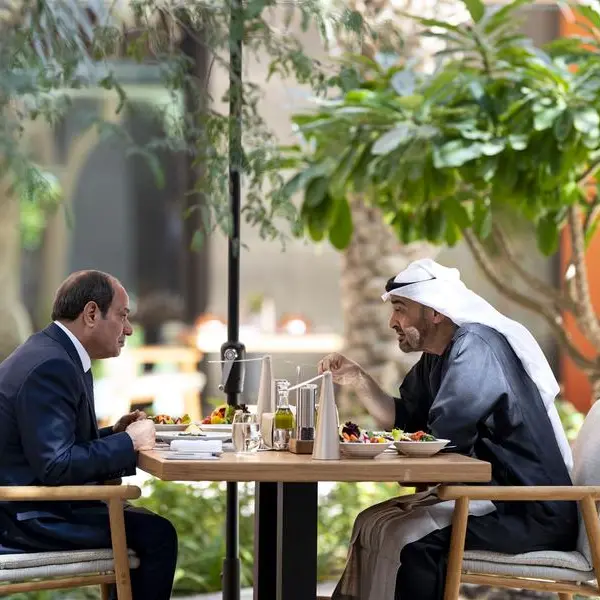PHOTO
A significant 61% of Middle East CEOs are optimistic about economic growth in the next three to five years, a noticeable jump from just 13% last year, the 2024 CEO Insights Study by Arthur D. Little reveals.
With the world’s economy showing ups and downs, 37% of these leaders still see a steady future, reflecting their trust in the region's economic strength. Only a small 2% expect a decline, which suggests a shared belief that the Middle East is on the rise after overcoming recent obstacles.
The commitment to integrating AI across business operations is seen as crucial to growth and echoes globally, with 54% of Middle East CEOs expressing a strategic vision towards a holistic, company-wide AI deployment while 96% of global CEOS have already deployed AI in some form. While regionally 31% confirm the implementation of AI strategies across several departments, an ambitious 13% have already realised a compelling, enterprise-wide AI strategy.
Reskilling workforce
Importantly, CEOs understand that to get the best from AI, they need to focus on their people. Fifty-nine percent say they have either a strong or very strong need to reskill their workforces to meet changing requirements, up from 13% in 2023. This trend is particularly pressing in sectors such as manufacturing, with a 63% increase in the need to reskill, and financial services (+55%).
Thomas Kuruvilla, Managing Partner at Arthur D. Little Middle East, said: “In the current times of business and geopolitical shifts, it is inspiring to witness the optimism among the Middle East's CEOs for what lies ahead. The ADL 2024 CEO Insights Study reveals that despite acknowledging the continuing unpredictability, these leaders are confident that with resilient business models, strategic clarity, the embrace of AI, and a focus on upskilling their teams, their companies and markets are poised for enduring growth and will actively contribute to the region's prosperous future. AI is more than a buzzword in the Middle East; it's a strategic imperative that's receiving boardroom attention. Our CEOs are not just adopting AI but are strategically deploying it to unlock a new frontier of possibilities.”
Tech innovation
Critical to this outlook is the approach towards external growth factors. Globally, technology innovation remains the key growth driver, with raw material prices becoming a surging concern. Yet, in the Middle East, the angst surrounding raw material prices and supply chain stability shows a notable decrease, likely attributed to the region's rich energy reserves, particularly oil and gas.
Francesco Marsella, Managing Partner and Global Leader of the Growth and Transformation Practices at Arthur D. Little comments: “Given today’s business and geopolitical turmoil, it is extremely heartening to see that the CEOs of the world’s biggest companies are positive for the future. The ADL 2024 CEO Insights Study shows that while they accept that conditions will remain volatile and turbulent, they believe a combination of resilient operating structures, clear strategies, AI innovation, and reskilling their people will enable their businesses to thrive in a sustainable future.”
Fintech sector
Furthermore, the CEOs' strategic lens is sharply focused on the rapidly growing fintech sector, signifying a shift towards embracing digital financial services as a cornerstone for future economic expansion in the region.
Kuruvilla adds: “Our region is uniquely positioned with technological growth and abundant energy resources, which our CEOs are leveraging to redefine growth models. The emphasis on fintech is not just about financial transactions but about catalysing a tech-savvy economic ecosystem.
Copyright 2022 Al Hilal Publishing and Marketing Group Provided by SyndiGate Media Inc. (Syndigate.info).





















